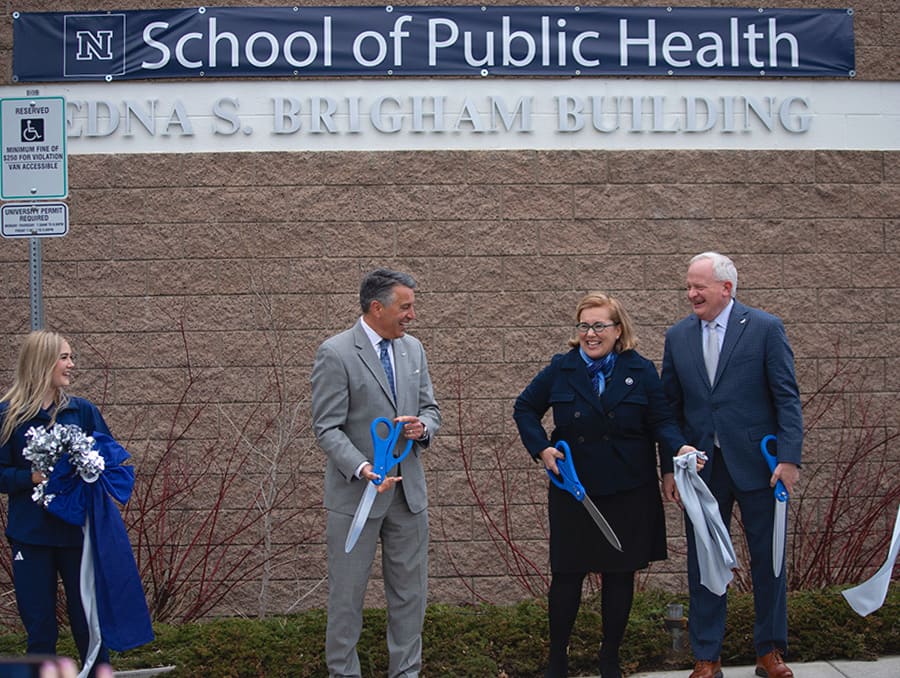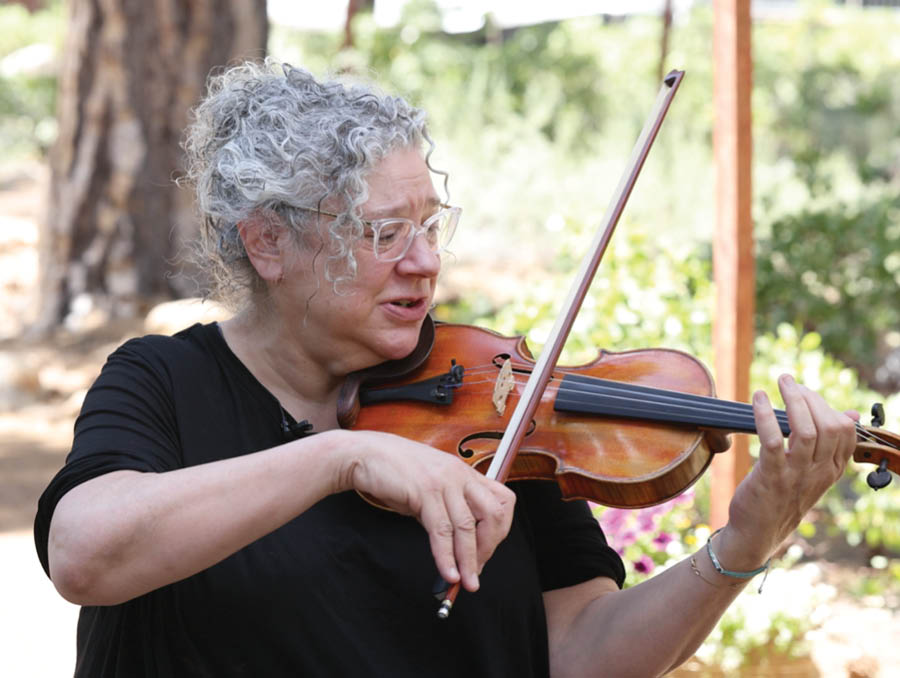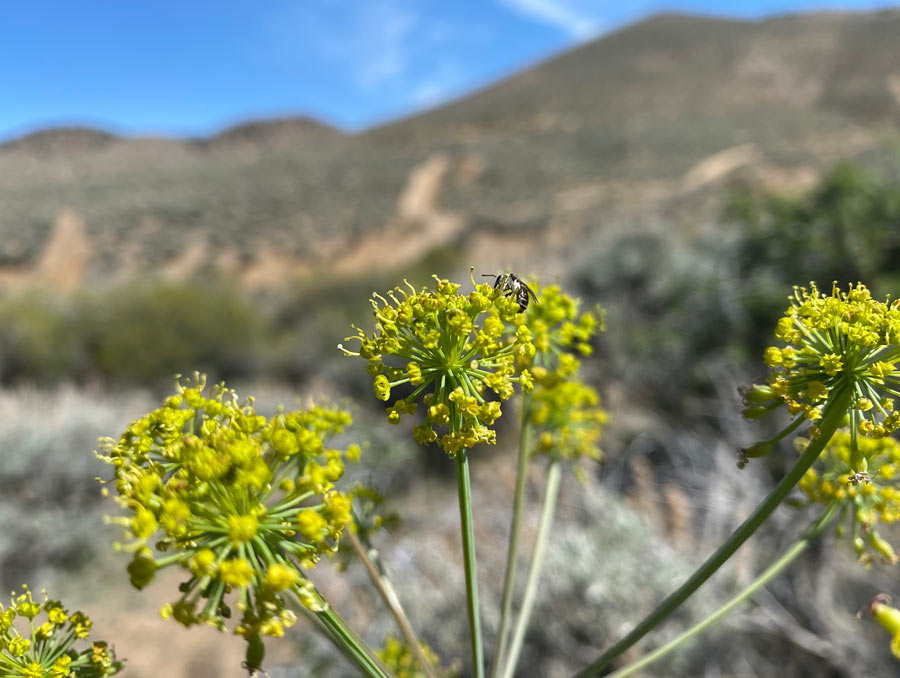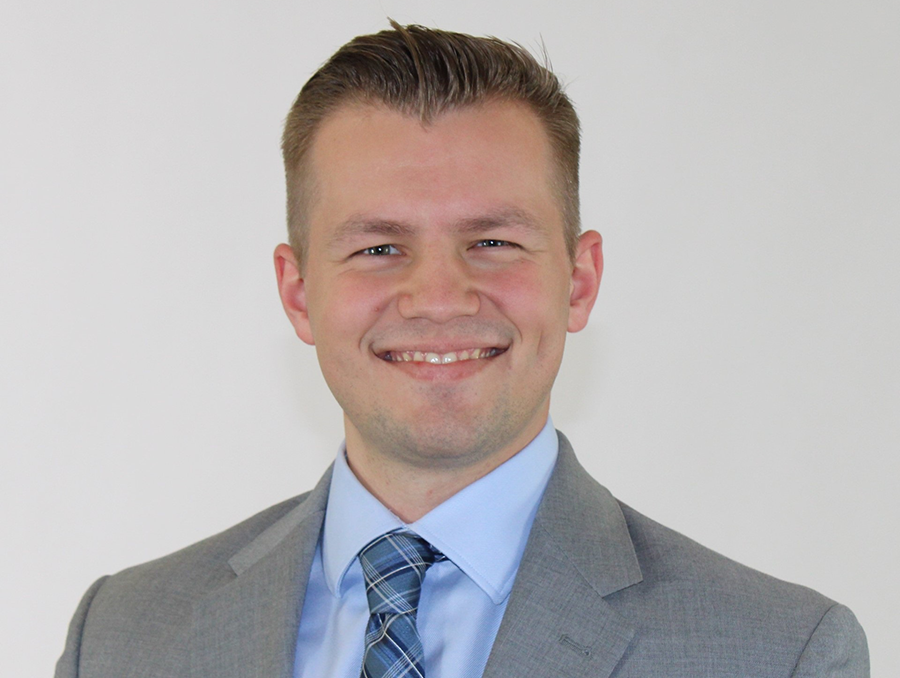The University of Nevada, Reno will be hosting the nation's first National Geothermal Academy, an eight-week geothermal energy education program, at the University's Redfield campus to begin in June of this year.
"Indonesia, New Zealand and Iceland have held similar academies; this academy is the first in our country," said Wendy Calvin, coordinator of the Academy and director for the Great Basin Center for Geothermal Energy. "I hope this academy gets people thinking of geothermal energy as a leader in renewable energy, not just solar and wind."
The Academy is a consortium of the top geothermal schools from around the country, with participating schools such as Cornell University, Stanford University, Southern Methodist University, West Virginia University, the Oregon Institute of Technology, the University of Utah and Dartmouth. With its 20 years of geothermal research, development and exploration success, Nevada was selected by the consortium members to be the lead institution and the central site to host the Academy.
The Academy will be taught by professors from member schools as well as professionals from the National Renewable Energy Laboratory, Thermasource, Western Cultural Resource Management and more. Professors from the University of Nevada will act as guest speakers at a number of the modules. A group of 40 students and professionals from around the country are being selected for enrollment in the intensive program. The application process has closed with more than 60 people from around the country having applied to the academy.
"Nevada has great local resources for this academy," Calvin said. "Collectively, geothermal power plants in Nevada produce 300 megawatts of power, sufficient to provide electricity to over 200,000 homes."
Geothermal energy is becoming a popular choice for Nevadans. Reno was recently named a 2010 Smarter City for Energy by the National Resources Defense Council, and the Geothermal Energy Association ranked Reno fourth among world leaders in geothermal municipal development.
Pahrump Valley High School is in the process of installing a geothermal heat pump (GHP) because of the low cost and efficiency.
In an interview for Bloomberg Businessweek, Dave Wonderly of Nye County School District said, "the bottom line is GHP saves us money because it is the most efficient way to heat and cool our buildings, and it also helps us protect the environment at the same time, which is more important than ever."
Pahrump Valley High School is not the only Nevada school using geothermal energy. Kendyl DePaoli Middle School of Reno also uses geothermal energy to heat and cool their school.
"There are 373 wells, over 300 feet deep. The building has an LCD monitor visible to all students, staff and visitors that shows the water flow and the energy savings in real time," said Elizabeth Wright of the Washoe County School District. "The building prides itself as a cutting-edge teaching tool for nearly 1,000 students at Depoali Middle School."
With local schools making use of geothermal energy, Calvin believes it will further reinforce the relevance of geothermal in the world of renewable energy.
"With more buildings using geothermal energy to offset heating and cooling costs, it will lower total energy usage," she said. "With large-scale buildings like these schools using geothermal, I believe it could influence others to look into geothermal to lower their costs and energy usage."
The University's Great Basin Center for Geothermal Energy, part of the Mackay School of Mines, was established in 2000 and has received more than $14 million in federal and private funding for peer-reviewed research projects. Using state-of-the-art technology and modernizing old geothermal techniques, the Center has been a driving force in Nevada's geothermal research and exploration.
While California is the nation's biggest producer of geothermal energy, the University of Nevada was selected for the academy for its proximity to drilling sites, power plants and heat sources as well as its leadership in multidisciplinary research. Such studies have led to discovering new technologies for exploration, production and development of geothermal resources. The U.S. Department of Energy awarded the University of Nevada a $995,000 grant to develop and operate the academy.
The courses to be offered at this summer's academy cover all aspects of geothermal energy development and utilization and is offered for either undergraduate or graduate credit, as well as professional development for the energy industry. The academy is made up of nine modules, starting June 20 and ending Aug. 12. Many of the modules will be taught at the Redfield campus, however there will be field trips to nearby, local plants or geothermal site locations.











